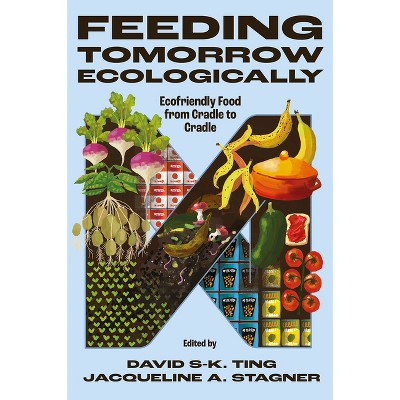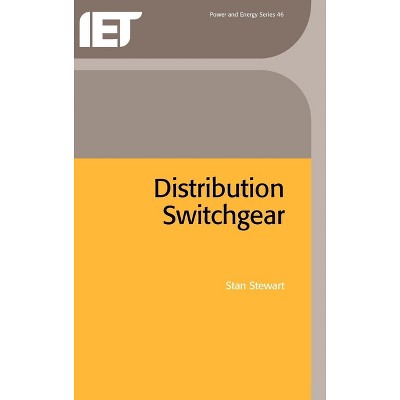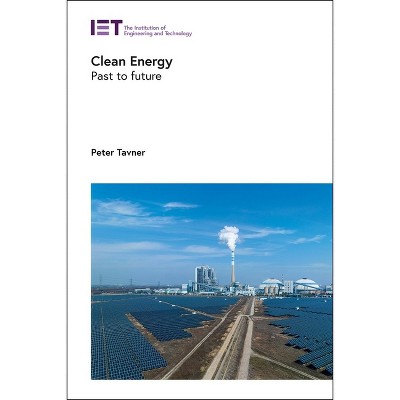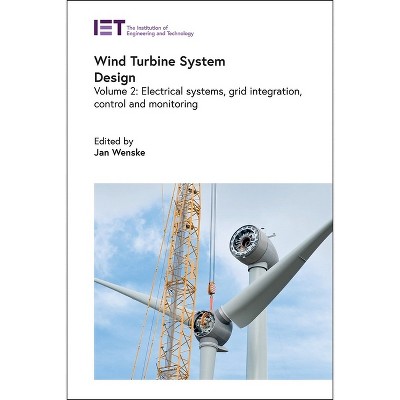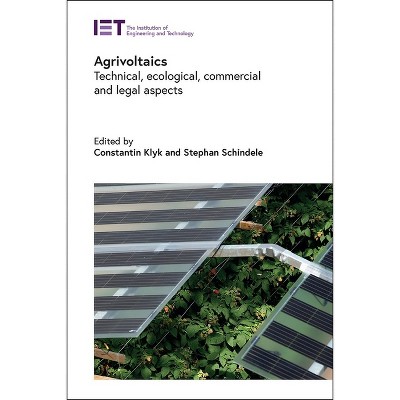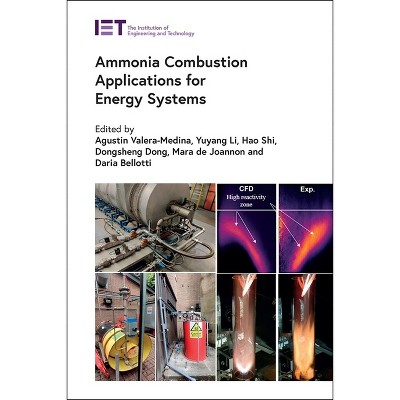Clean Energy for Low-Income Communities - (Energy Engineering) by David S-K Ting & Jacqueline A Stagner (Hardcover)

About this item
Highlights
- Energy provision for low income or remote communities is a difficult challenge, with many still depending on polluting and costly fossil fuels.
- Author(s): David S-K Ting & Jacqueline A Stagner
- 336 Pages
- Technology, Power Resources
- Series Name: Energy Engineering
Description
About the Book
This work supports the goal of achieving affordable and clean energy, with a focus on low income and remote communities. Chapters cover deployment of solar systems, small wind turbines, run-of-river hydropower, storage, water desalination, and case studies.
Book Synopsis
Energy provision for low income or remote communities is a difficult challenge, with many still depending on polluting and costly fossil fuels. Transporting energy is a further problem since some communities are only accessible during brief periods of the year. Local energy generation is a key solution, but technical challenges need to be overcome.
This hands-on treatise explores technologies and approaches for accelerating deployment of accessible clean energy and discusses obstacles hindering that deployment. The primary focus is on engineering topics, although contributions from non-engineering application experts are also included. Chapters cover principal aspects of energy provision for low-income communities, low cost and energy-efficient housing designs, solar energy for low-income communities, solar PV integration in residential buildings, rural electrification in low-income communities and in remote communities using wind and solar energy, advances in biofuels production, and as a case study, modelling and forecasting energy mix scenarios for Turkey.
Clean Energy for Low Income Communities: Technology, deployment and challenges offers in-depth discussion of this multidisciplinary topic for an audience of researchers in academia, renewable energy and utilities experts in industry, technology manufacturers and advanced students, as well as energy experts in think tanks and development banks.






